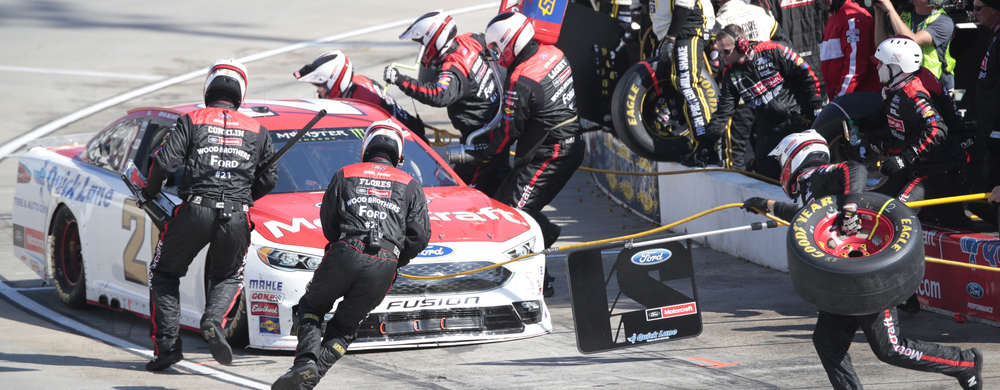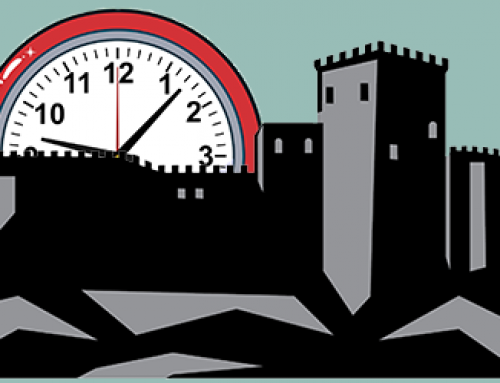Did you know that good feedback is the key to improvement? Let me show you what I mean…
How many speed limit signs did you see on your way to work today? Can you remember seeing any? Honestly, I can’t remember any either.
In fact, if you traveled to work on a familiar route, there’s a 50 percent chance you can’t recall any details about your trip.
That’s because you were essentially driving with your brain on autopilot. And now that you’re at work, you might be working on autopilot too!
Have you ever been driving and approached one of those speed signs that light up? It tells you to slow down or what speed you’re driving. Using radar, those signs give you immediate feedback about how fast you’re driving. You probably stopped driving with your brain on autopilot and slowed to the speed limit.
Creating a simple feedback system at work will help you be more engaged and productive, and help you take your brain off autopilot.
Increase your effectiveness with PlanPlus Online.
A productivity system for leaders.

Improving with feedback
For example, Formula One racing doesn’t have posted speed limits. In fact, the entire goal is to beat the speed of the last race.
Have you ever watched a pit crew change a Formula One’s tires? To start, it’s difficult to observe because it’s done in two seconds! Have you ever changed a tire on your car? You can’t even find the lug wrench in two seconds.
How did a Formula One crew get everything done that quickly?
They use a feedback loop
They do something, measure how they did it, how quickly they did it, then they develop methods to do it even faster.
Repeat this process enough times, and you reach a very high level of efficiency for any task you’re working on.
Collect your own feedback
One simple feedback system you can put in place at work is to take a moment after each hour of your day to write down how you spent your time and what you got accomplished. Much like a radar speed sign, this will give you feedback, and that feedback will help you make adjustments.
Working on autopilot can make you stagnate. In order to truly master a craft you must constantly be collecting feedback and making adjustments.







